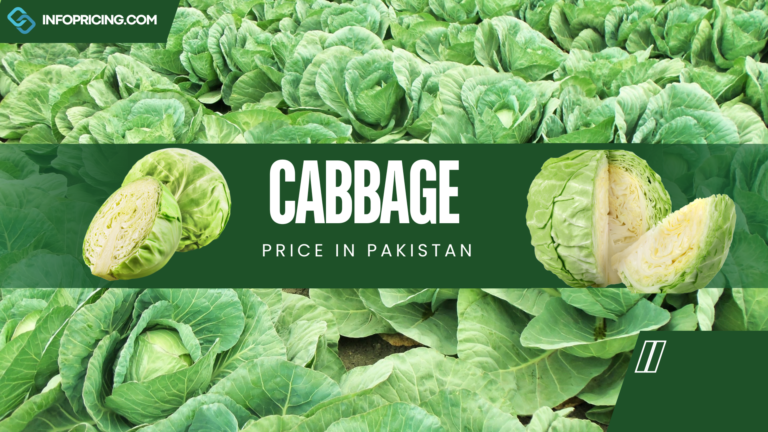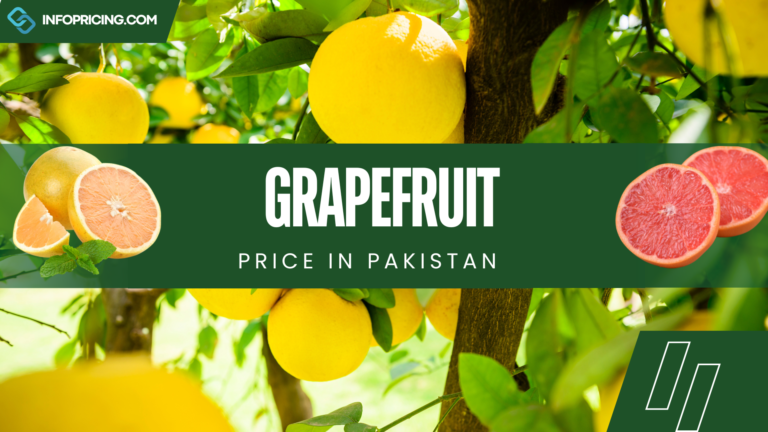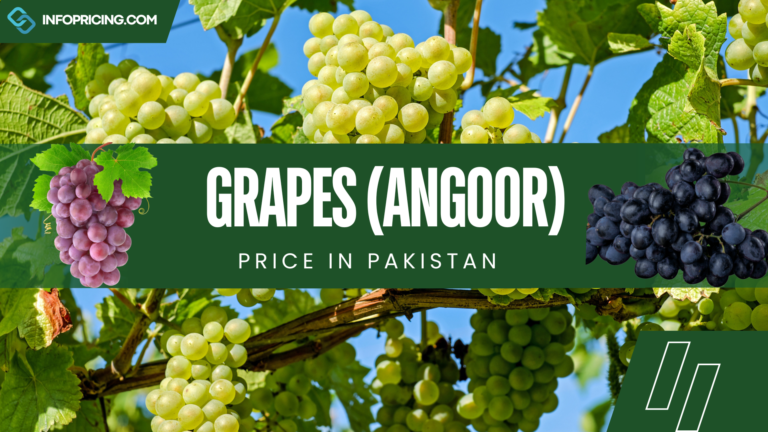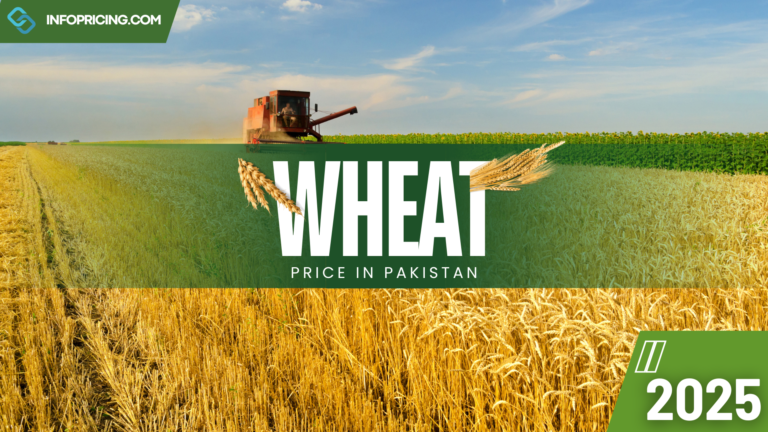Date Palm Price In Pakistan | 22 January 2025 | Khajur Price in Pakistan
As of January 2025, the Today Date Palm Price In Pakistan is between Rs. 358-633 per 1 KG, depending on the quality, size, and variety.
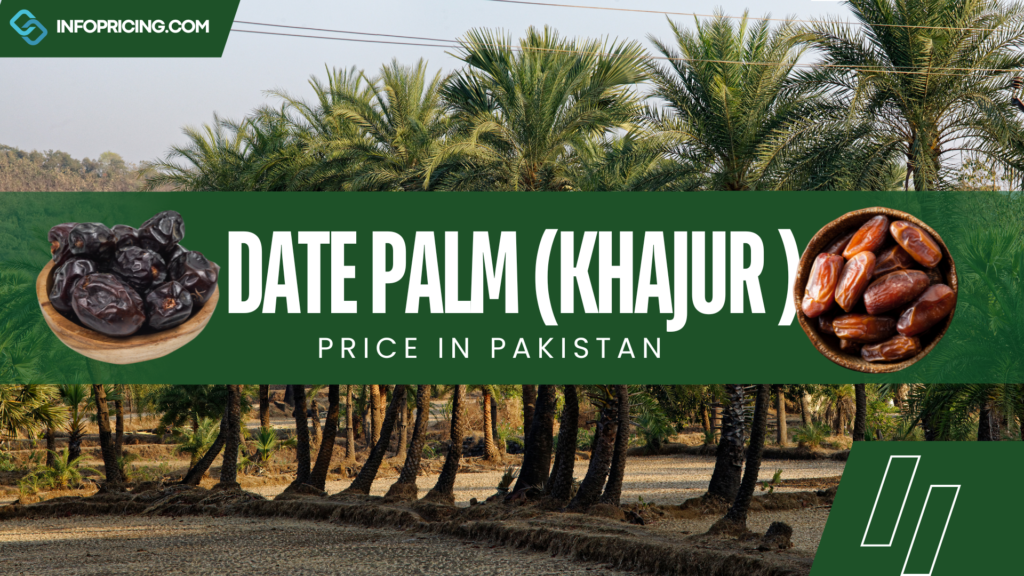
IN January 2025 |
Date Palm Price In Pakistan
| JANUARY | Khajur RATE 1Kg |
|---|---|
| 1st January 2025 | Rs. 400-575 |
| 2nd January 2025 | Rs. 400-575 |
| 3rd January 2025 | Rs. 400-575 |
| 4 January 2025 | Rs. 400-575 |
| 5 January 2025 | Rs. 400-575 |
| 6 January 2025 | Rs. 400-575 |
| 7 January 2025 | Rs. 400-575 |
| 8 January 2025 | Rs. 400-575 |
| 9 January 2025 | Rs. 400-575 |
| 10 January 2025 | Rs. 400-575 |
| 11 January 2025 | Rs. 400-575 |
| 12 January 2025 | Rs. 400-575 |
| 13 January 2025 | Rs. 400-575 |
| 14 January 2025 | Rs. 400-575 |
| 15 January 2025 | Rs. 400-575 |
| 16 January 2025 | Rs. 400-575 |
| 17 January 2025 | Rs. 400-575 |
| 18 January 2025 | Rs. 400-575 |
| 19 January 2025 | Rs. 358-633 |
| 20 January 2025 | Rs. 358-633 |
| 21 January 2025 | Rs. 358-633 |
| 22 January 2025 | Rs. 358-633 |
| 23 January 2025 | |
| 24 January 2025 | |
| 25 January 2025 | |
| 26 January 2025 | |
| 27 January 2025 | |
| 28 January 2025 | |
| 29 January 2025 | |
| 30 January 2025 | |
| 31 January 2025 |
Date Palm Cultivation in Pakistan
A Comprehensive Guide
Date Palm (Phoenix Dactylifera), a highly revered, ancient plant in Pakistan is known for its nutritional value, medicinal properties, and economic importance. Date Palm is a perfect crop for Pakistani farmers because of its rich history, cultural significance, and adaptability to climate. This article will give a comprehensive overview on Date Palm cultivation in Pakistan. It will cover topics ranging from general information to harvest management.
General Information
Date palm is an evergreen tree belonging to the Arecaceae. It is native to North Africa and the Middle East, but is widely grown in Pakistan. Date palm is a rich food source, including minerals, fibers and sugars. In Pakistani culture, the tree is also a sign of prosperity, peace and hospitality.
Climate
Date Palm is a tropical tree that thrives in dry and hot climates. In Pakistan, Date Palms are typically grown in tropical and subtropical areas, where temperatures range from 15degC up to 40degC. The ideal temperature range for Date Palm cultivation lies between 25degC to 35degC.
Soil
Date palm can grow in a variety of soils. However, it prefers sandy loams with pH levels between 7.0 and 8. The soil should have a high organic matter content and a high water-holding capacity.
Popular Varieties and Their Yield
In Pakistan, Date Palms are grown in several varieties including:
- Barhee: This date tree is known for its high yield (100 to 150 kg/tree), sweet and juicy dates.
- Hillawi: This variety is known for its high yield (80 to 120 kg per tree) and sweet, crunchy dates.
- Medjool dates are known for their high yield (60 to 100 kg per tree) and sweetness.
- Khunezi: This variety is known for its high yield (80 to 120 kg/tree), and sweet, juicy dates.
- Khadarawyi – Known for its high production (60-100 kg/tree), and sweet, crunchy dates.
- Khalas: This variety is known for its high yield (80 to 120 kg/tree), and sweet, juicy dates.
- Shamran (Sayer), also known as the sweet, soft date.
- Zahidi: This variety is known for its high yield (80 to 120 kg/tree), and crunchy, sweet dates.
- Wild date palm: This palm is known for its low yield (20-50 kg/tree), sweet and juicy dates.
- Jamli: Jamli is known for its high yield (60 to 100 kg/tree), and soft, sweet dates.
Land Preparation
After leveling the soil, dig pits of 1m x 1m x 1m size in summer month. Dig pits measuring 1m x1m x1m in the summer months after leveling soil. After two weeks, keep these pits open and fill them with decomposed cowdung. Add Captan@20-25gm, Phorate 10G@200gm or Chlorpyriphos@50ml to each pit.
Seed
Seed Rate:-In one acre, approximately 112 seedlings can be accommodated when a row to row and a plant to plant spacing is 6 meters. For 8m x 8, 63 seedlings can be accommodated per acre.
Seed Treatment:-To encourage rooting, dip the base of the suckers’ shoots in IBA@1000ppm, and Chlorpyrifos@5ml/Ltr of water, for 2 to 5 minutes.
Sowing
Time of sowing:-Sowing takes place in February and March, and August and September.
Spacing:-Dig pits measuring 1m x1m x1m at a distance of 6m to 8m (square system).
Sowing Depth:-Dig pits measuring 1m x1m x1m for transplantation.
Method of sowing:-Transplant suckers on the main field.
Intercrops
In order to harvest the first crop, it takes 4 to 5 years. You can intercrop vegetables like rice, chillys, peas and brinjal. Intercrops can be used.
Propagation
Date palms are propagated by suckers, as seeds are not practical. Select suckers or offshoots of the mother plant. Suckers can be obtained 4 or 5 years after planting. The ideal weight of suckers is 15-20kg. Mold mixture of well-decomposed cowdung with sand and sawdust to the suckers six months or a year before separation. Remove older leaves at the time of separation and make a single cut.
Fertilizer
In September and October, FYM@10-15kg is applied to young plants. 30-40kg per mature tree is applied to mature plants. Urea @4.4kg is applied to one-year plant to mature tree. The urea application is divided into two equal parts. The first half is applied before flowering, and the second half is applied after fruit set in April.
Weed Control
Keep the field clean and weed-free. Depending on the intensity of the weeds, you can either hoe or weed. Mulch is a good weed control method.
Irrigation
In the summer, irrigation is done every 10-15 days. In the winter, it is done every 30-40 days. After the emergence of spathes, prior irrigation is required. After fruit set, irrigation is repeated at regular intervals.
Plant Protection
Date palm trees are susceptible to a variety of pests and diseases including palm borer, scale insects and fungal infections. Regular monitoring and integrated pest control practices can help control these pests.
Harvesting
Date palm trees are ready to harvest four to five years after planting. Fruits are harvested in three stages: Khalal (fresh fruits), pind (ripening) or tamar (soft stage), and dry stage (chuhhara). Complete harvesting prior to the start of monsoon.
Post-Harvest
After harvesting the fruits at the doka stage, clean them with water. Chuhhara is made by drying the fruits in the sun or dryer at temperatures of 40-45degC between 80 and 120 hours.
Check More prices of Fruits

